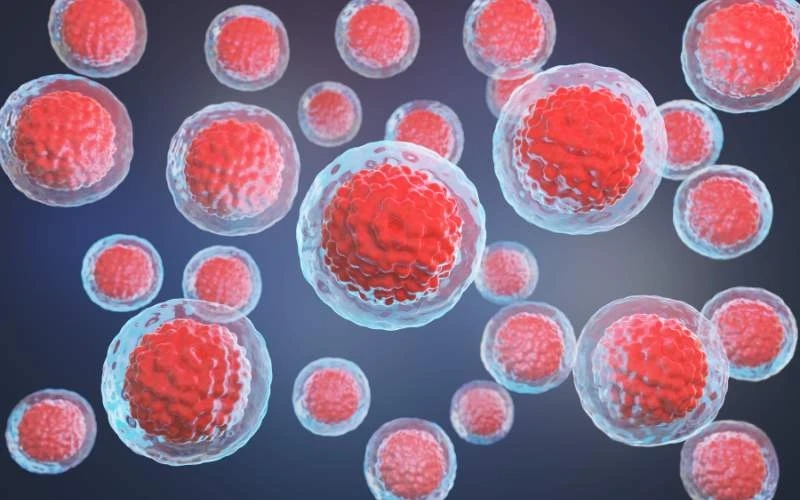Stem Cell Therapy in IBD: Pioneering Treatment for Inflammatory Bowel Disease
Inflammatory Bowel Disease (IBD) is a challenging and often debilitating condition that affects millions of people worldwide. While traditional treatments have offered relief to some, there is growing excitement in the medical community about the potential of stem cell therapy to revolutionize the way we manage and treat IBD. In this article, we will explore the promising world of stem cell therapy in IBD and its potential to offer hope to those living with this chronic condition.
Understanding Inflammatory Bowel Disease
Before delving into stem cell therapy, it's essential to understand IBD. This umbrella term encompasses two primary conditions: Crohn's disease and ulcerative colitis. Both conditions involve chronic inflammation of the digestive tract, leading to a range of debilitating symptoms, including abdominal pain, diarrhea, and fatigue.
The Promise of Stem Cell Therapy in IBD
Stem cell therapy in IBD is an emerging field that offers a new approach to treatment. Unlike traditional medications that aim to alleviate symptoms, stem cell therapy seeks to address the root cause of the disease by harnessing the regenerative potential of stem cells.
How Stem Cell Therapy Works in IBD
Stem cell therapy involves the use of either a patient's own stem cells (autologous) or donor cells (allogeneic) to repair and regenerate damaged tissues in the digestive tract. Here's how it works:
Harvesting Stem Cells: In autologous therapy, stem cells are harvested from the patient's bone marrow or adipose tissue. In allogeneic therapy, donor stem cells are used. Processing and Enrichment: The harvested stem cells are processed and enriched to ensure they are in their most potent form. Infusion: The stem cells are then infused into the patient's bloodstream or directly into the affected area of the digestive tract. Tissue Regeneration: Once in the body, these stem cells have the remarkable ability to differentiate into various cell types, aiding in the repair and regeneration of damaged intestinal tissues.Experience a revolutionary approach to managing Inflammatory Bowel Disease (IBD) with Dr. Adeel Khan and Eterna Health's pioneering Stem Cell Therapy in IBD. Driven by expertise and compassion, Dr. Khan leads our team in offering a beacon of hope for those grappling with the challenges of IBD. Our innovative approach harnesses the regenerative power of stem cells to transform lives, providing relief and healing where it's needed most. If you or a loved one are seeking a path to a brighter future in the face of IBD, trust in Dr. Khan and Eterna Health to guide you toward a new chapter of wellness. Discover the possibilities of Stem Cell Therapy in IBD at Eterna Health and embark on your journey to renewed health and vitality.
Benefits of Stem Cell Therapy in IBD
Reduced Inflammation: Stem cell therapy can help reduce the chronic inflammation characteristic of IBD. Tissue Repair: It promotes the healing and regeneration of damaged tissues in the digestive tract. Minimized Relapses: Some studies suggest that stem cell therapy may reduce the frequency and severity of IBD flare-ups.The Road Ahead for Stem Cell Therapy in IBD
While the potential of stem cell therapy in IBD is exciting, it's important to note that research is still in its early stages. Clinical trials are ongoing, and scientists are working to refine techniques and ensure the safety and efficacy of this innovative treatment.
Stem cell therapy in IBD holds significant promise for the millions of individuals living with Crohn's disease and ulcerative colitis. While more research is needed, the early results are encouraging, offering hope for a future where IBD may be managed and treated in a more targeted and effective manner. As this field continues to evolve, it is undoubtedly a space worth watching for both patients and healthcare professionals alike. Stem cell therapy could be the ray of hope that transforms the lives of IBD patients around the world.



